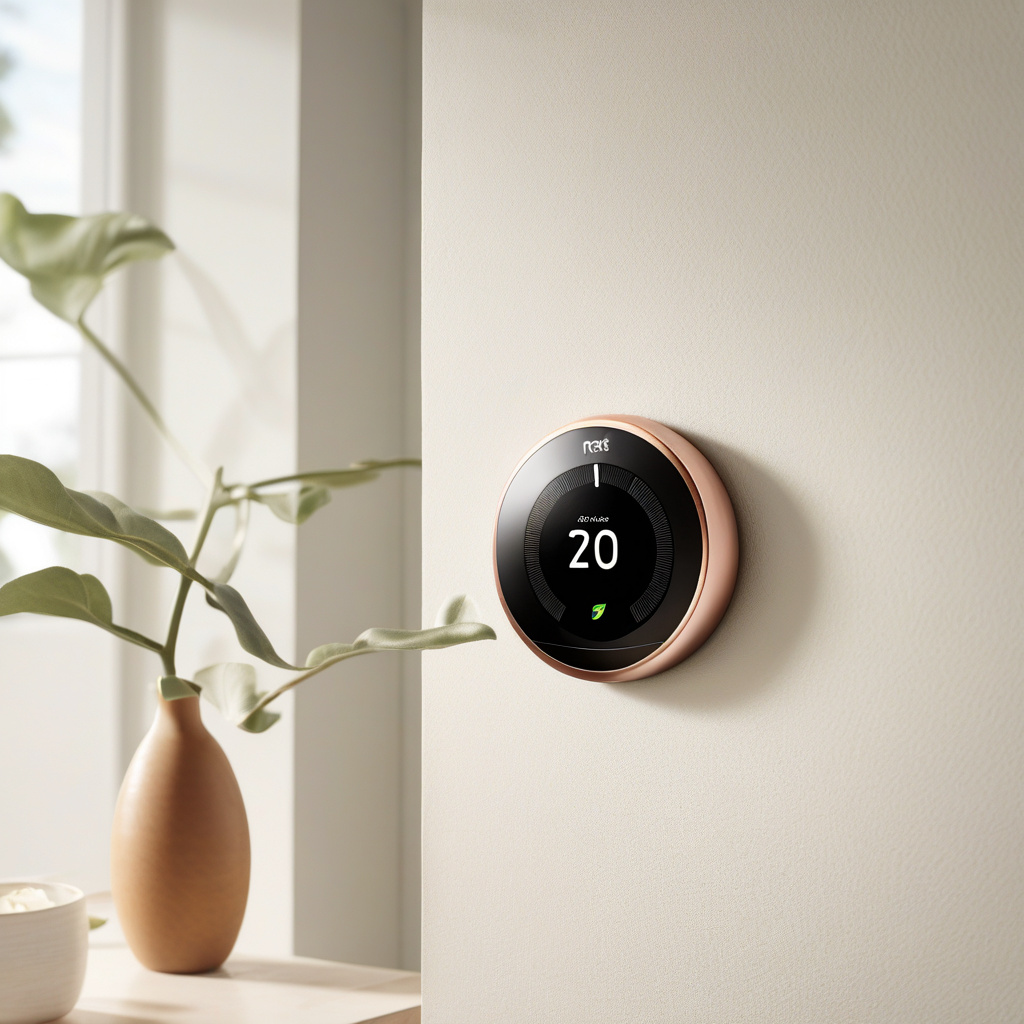Google’s decision not to release the 4th Gen Nest thermostat in Europe has left many tech enthusiasts disappointed. While the US market enjoys the latest offering, European consumers are left wondering about their options. With Google citing challenges in adapting the device to diverse European homes, it raises questions about the future of smart thermostats in the region.
For users with older Nest models, the impending loss of smart functionality is a significant concern. The discontinuation of support for these devices underscores the importance of staying current with technology. While the 3rd Gen and Nest E models will continue to receive security updates, the lack of clarity on long-term support raises uncertainties for users.
As European customers explore alternatives, brands like Hive and Tado emerge as viable options. The Hive Thermostat Mini caters to smaller homes, while the Tado Thermostat X offers features for larger residences. However, the shift to subscription-based services by some providers warrants careful consideration before making a switch.
In the US, existing Nest Smart Thermostat users can benefit from a discount on the 4th Gen model to smoothen the transition. This gesture acknowledges the inconvenience caused by the discontinuation of older models, providing a seamless upgrade path for users seeking uninterrupted smart thermostat functionality.
The Nest Learning Thermostat 4th Gen boasts several enhancements, including a redesigned interface and innovative features like Dynamic Farsight. Its sustainability focus, with recycled materials and energy-saving AI capabilities, aligns with the growing demand for eco-friendly tech solutions. The integration of a Soli radar sensor sets it apart, enabling smart responses based on user proximity.
Smart features like Smart Schedule and Adaptive Eco mode enhance energy efficiency and user comfort. The thermostat’s ability to adjust settings based on external weather conditions demonstrates its advanced capabilities. The inclusion of Nest Temperature sensors further enhances customization options, ensuring optimal heating and cooling across different areas of the home.
Google emphasizes the device’s compatibility with various heating and cooling systems, offering a versatile solution for complex home setups. Its Matter compatibility positions it as a future-proof choice for users looking to integrate with emerging smart home standards. With Google’s ongoing innovation, including projects like Gemini AI, Home Speaker, and potentially a new Nest Hub, the smart home ecosystem continues to evolve.
While the absence of the 4th Gen Nest thermostat in Europe may disappoint users, it also highlights the challenges of adapting technology to diverse regional requirements. As the smart home market evolves, staying informed about product updates and alternatives becomes crucial for consumers seeking efficient and sustainable solutions.

